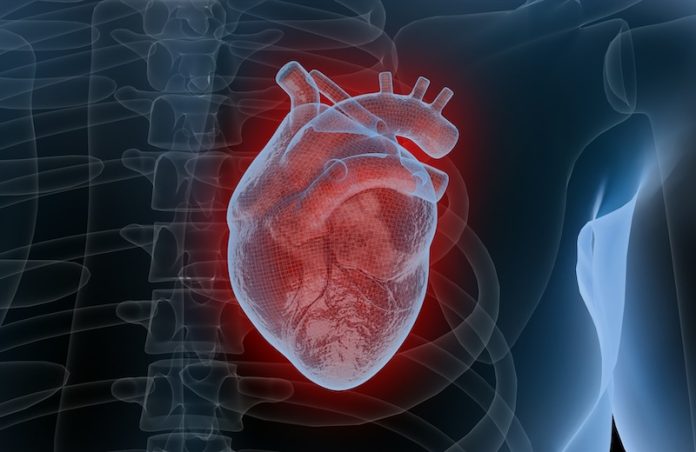
Sudden cardiac arrest is a life-threatening condition where the heart stops working properly, cutting off blood flow to the brain and other vital organs.
This can cause someone to collapse and stop breathing, and if help isn’t given right away, it can lead to death. It is an unexpected event that can affect anyone, making it one of the most dangerous heart problems.
In Europe, sudden cardiac arrest is a leading cause of death, responsible for about half of all deaths linked to heart disease and one in every five natural deaths. Its unpredictable nature makes it difficult to prevent. While some people might feel warning signs like chest pain, trouble breathing, or nausea beforehand, many experience no symptoms at all.
Recently, researchers from the European Sudden Cardiac Arrest network studied a surprising link between a widely used medication for high blood pressure and the risk of sudden cardiac arrest.
The medication, nifedipine, is often prescribed to lower high blood pressure, a condition where the force of blood against the walls of arteries is too strong. This medicine helps relax the blood vessels, making it easier for the heart to pump blood and reducing the chances of heart attacks or strokes.
The team also looked at another blood pressure drug, amlodipine, which works in a similar way to nifedipine. Both medications are part of a group of drugs called calcium channel blockers, which help relax blood vessels.
To explore the connection between these drugs and sudden cardiac arrest, the researchers analyzed data from two large groups of people. The first group included over 2,500 patients who had experienced sudden cardiac arrest, compared with more than 10,500 healthy individuals from the Netherlands.
They found that people taking a high dose of nifedipine (60 mg per day) were more likely to experience sudden cardiac arrest. However, this increased risk was not seen in patients taking amlodipine.
To confirm their results, the researchers examined data from a second group in Denmark. This group included over 8,000 cardiac arrest patients and 40,000 healthy individuals. The findings were similar: high doses of nifedipine appeared to increase the risk of sudden cardiac arrest.
This discovery was unexpected because nifedipine and amlodipine have been trusted treatments for high blood pressure for many years. Earlier studies did not show this risk, likely because sudden cardiac arrest happens so quickly and can be hard to study in detail.
The researchers stress that more studies are needed to fully understand the connection between nifedipine and sudden cardiac arrest.
Until then, they advise caution, especially when using high doses of nifedipine. Patients taking this medication should talk to their doctors about any concerns and explore whether alternative treatments might be safer.
This finding is an important reminder that even medications used for decades can have risks that go unnoticed without continued research. It shows how crucial it is to keep studying medicines to make sure they are safe and effective.
As scientists work to learn more, people taking nifedipine should stay informed and rely on their doctors for guidance. Medications can save lives, but using them wisely and with care is essential for the best outcomes.
If you care about high blood pressure, please read studies that early time-restricted eating could help improve blood pressure, and natural coconut sugar could help reduce blood pressure and artery stiffness.
For more information about blood pressure, please see recent studies about How to eat your way to healthy blood pressure and results showing that Modified traditional Chinese cuisine can lower blood pressure.
Copyright © 2025 Knowridge Science Report. All rights reserved.



